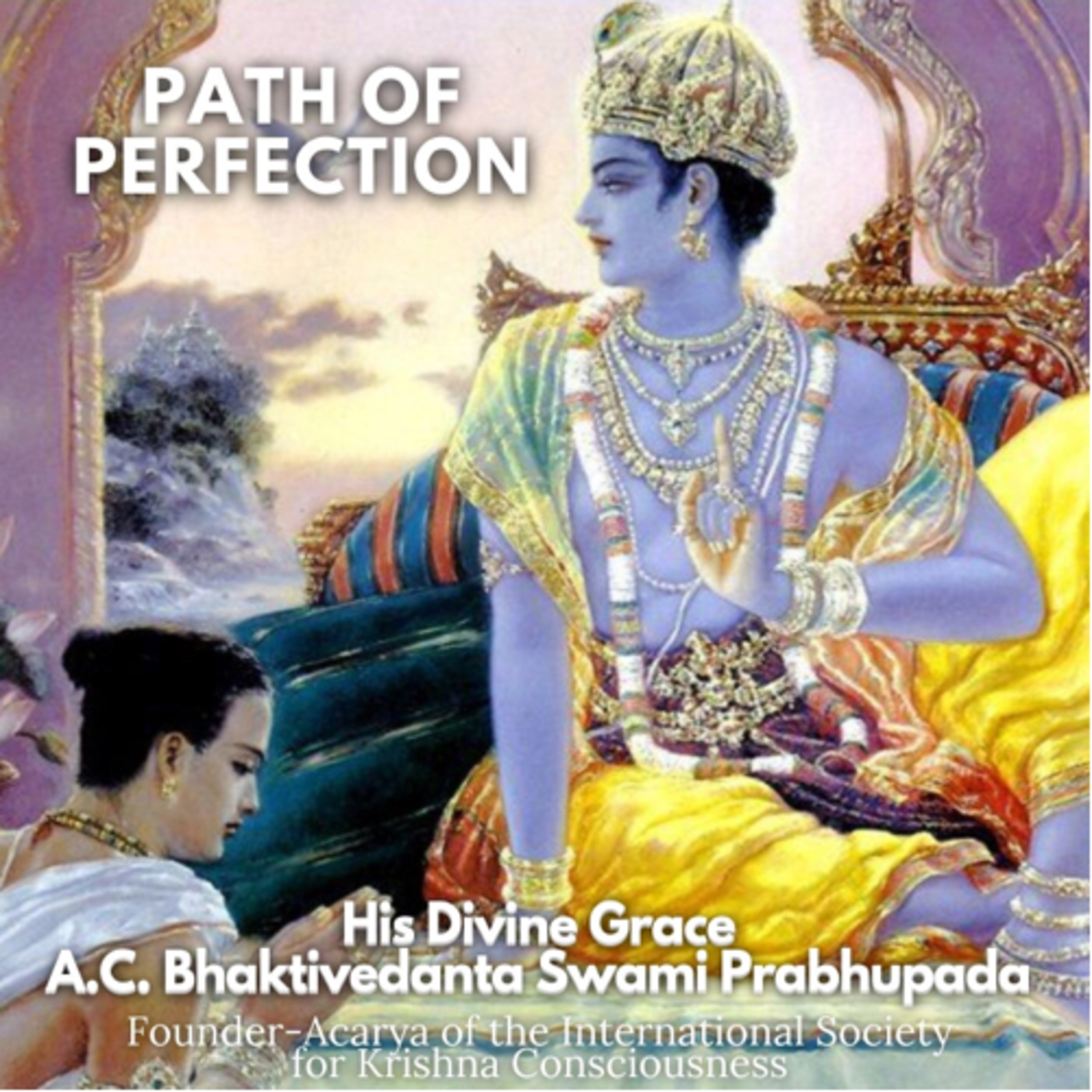- religion
- SEE MORE
- classical
- general
- talk
- News
- Family
- Bürgerfunk
- pop
- Islam
- soul
- jazz
- Comedy
- humor
- wissenschaft
- opera
- baroque
- gesellschaft
- theater
- Local
- alternative
- electro
- rock
- rap
- lifestyle
- Music
- como
- RNE
- ballads
- greek
- Buddhism
- deportes
- christian
- Technology
- piano
- djs
- Dance
- dutch
- flamenco
- social
- hope
- christian rock
- academia
- afrique
- Business
- musique
- ελληνική-μουσική
- World radio
- Zarzuela
- travel
- World
- NFL
- media
- Art
- public
- Sports
- Gospel
- st.
- baptist
- Leisure
- Kids & Family
- musical
- club
- Culture
- Health & Fitness
- True Crime
- Fiction
- children
- Society & Culture
- TV & Film
- gold
- kunst
- música
- gay
- Natural
- a
- francais
- bach
- economics
- kultur
- evangelical
- tech
- Opinion
- Government
- gaming
- College
- technik
- History
- Jesus
- Health
- movies
- radio
- services
- Church
- podcast
- Education
- international
- Transportation
- Other
- kids
- podcasts
- philadelphia
- Noticias
- love
- sport
- Salud
- film
- and
- 4chan
- Disco
- Stories
- fashion
- Arts
- interviews
- hardstyle
- entertainment
- humour
- medieval
- literature
- alma
- Cultura
- video
- TV
- Science
- en
215 - Rising Up To Serve the Lord (“Path of Perfection”, Chapter 3)

Thus, because there are different types of men, there are eighteen Purāṇas to guide them. The Vedic literatures are meant to redeem all men, not just a few. It is not that those who are meat-eaters or drunkards are rejected. A doctor accepts all patients, and he prescribes different medicines according to the disease. It is not that he gives the same medicine for all diseases or that he treats just one disease. No, he offers a specific type of medicine to whomever comes, and the patient receives gradual treatment. However, the sattvic Purāṇas like the Padma Purāṇa are meant for those in the mode of goodness, for those who are immediately capable of worshiping the Supreme Personality of Godhead. In the Brahma-saṁhitā (5.1) it is stated, īśvaraḥ paramaḥ kṛṣṇaḥ sac-cid-ānanda-vigrahaḥ: “The supreme controller is Kṛṣṇa, who has an eternal, blissful, spiritual body.” This is the Vedic pronouncement, and we thus accept Śrī Kṛṣṇa as the Supreme Lord. Those who are in the modes of passion and ignorance attempt to imagine the form of God, and when they are confused, they say, “Oh, there is no personal God. God is impersonal, or void.” This is just the result of frustration. Actually, God has His form. And why not? According to the Vedānta-sūtra, janmādy asya yataḥ: “The Supreme Absolute Truth is He from whom everything emanates.” It is easy to see that we have different types of bodies, different types of forms. We must consider where these forms are coming from. Where have these forms originated? We have to use a little common sense. If God is not a person, how can His sons be persons? If your father is just a void, if he is not a person, how can you be a person? If your father has no form, how can you have form? This is not very difficult; it is just a common sense question. Unfortunately, because people are frustrated, they try to imagine some form, or they conclude that because this material form is temporary and troublesome, God must be formless. Indeed, because all forms in this material world must perish, God, of necessity, must be formless. The Brahma-saṁhitā (5.1) specifically states that this conception is a mistake. | read with us: biglink.to/pathofperfection & check out our website for the catalogue of all the books we’ve read so far www.sravanamdiaries.com